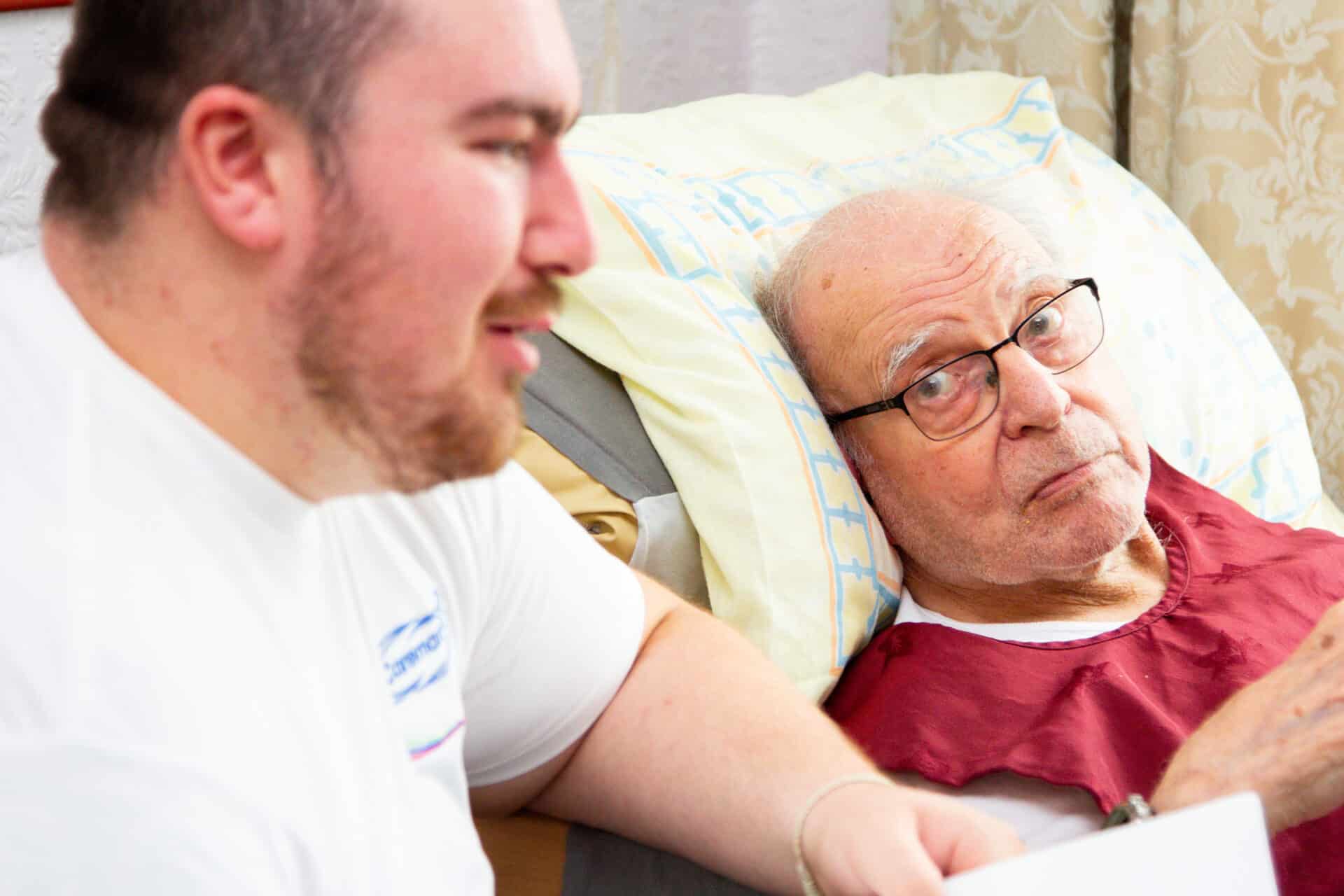Catheter Care Week 2025 in Newham: Safer Care, Better Outcomes in Our Community

Catheter Care Week 2025 (15–21 June) is a vital opportunity to shine a spotlight on the importance of safe, consistent catheter management – especially in community settings like patients’ homes and care homes.
At Caremark Barking, Dagenham & Newham, we are proud to join this year’s national campaign, themed “Safe Access, Better Outcomes”, in raising awareness about reducing the risks of catheter-associated urinary tract infections (CAUTIs) and promoting dignity and independence for those we support.
Why Catheter Care Matters
Urinary catheters, when not properly managed, can lead to serious complications such as infections, discomfort, and unplanned hospital admissions. According to UK Health Security Agency (UKHSA) data, CAUTIs remain a leading cause of avoidable infections in care homes and community settings.
In our region, long-term catheter use is common among older adults and individuals with complex health needs. That’s why consistent, skilled catheter care is not just a clinical need — it’s a community responsibility.
Best Practice in Catheter Care
Our carers are trained to follow evidence-based best practice, in line with guidance from NHS England and the NEL ICB Infection Prevention and Control Team. This includes:
- Use catheters only when clinically indicated
Unnecessary catheterisation increases infection risk. Every insertion must be documented and reviewed. - Regular review and timely removal
Our carers prompt regular catheter reviews and encourage early removal where appropriate — helping prevent long-term complications. - Aseptic technique every time
We follow the Aseptic Non-Touch Technique (ANTT) and promote strict hand hygiene and PPE use to reduce infection risk. - Empowering patients and families
We actively use and promote the NEL Catheter Passport, helping individuals and families track catheter details, know the signs of infection, and take part in their care.
Anyone who has a urinary catheter, whether temporarily or long-term, should have a Catheter Passport. You can request one by emailing nelondonicb.ipc@nhs.net
Hand Hygiene: A Key Part of Infection Prevention
Hand hygiene goes hand-in-hand with catheter care. As highlighted during World Hand Hygiene Day, skin integrity and hand assessments are crucial for carers. We regularly assess our team and encourage use of emollients, proper glove use, and early reporting of skin issues to reduce the spread of infection in care settings.
💙 How Caremark Supports Safer Catheter Care
At Caremark Barking, Dagenham and Newham, our carers are:
- Trained in catheter and infection prevention best practice
- Supported by strong links with local district nurses and GPs
- Equipped with hygiene checklists
- Focused on hydration, dignity, and patient involvement
We support clients using catheters in their homes with:
- Daily personal care and catheter hygiene
- Monitoring and reporting early signs of infection
- Respite and companionship care to reduce hospital admissions
📞 Need Help Managing a Catheter at Home?
If you or your loved one uses a catheter and needs professional, dignified home care, we’re here to help. From daily catheter support to round-the-clock live-in care, our compassionate team delivers expert care tailored to each client’s needs.
🔗 Contact Caremark Newham
🔗 Explore Our Services
🗣 Final Thought
Catheter Care Week 2025 reminds us that every catheter carries a risk — and every action matters. Let’s work together to ensure that everyone receiving catheter care in our community does so safely, with dignity, and with the right support in place.
#CatheterCareWeek2025 #ContinenceCare #CatheterCare #InfectionPrevention